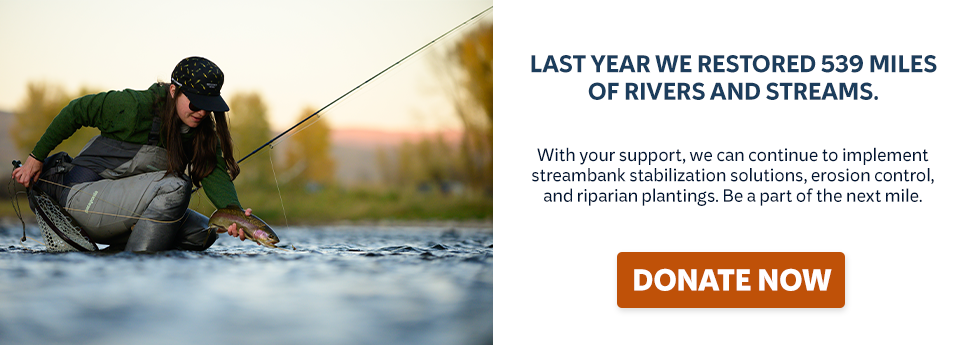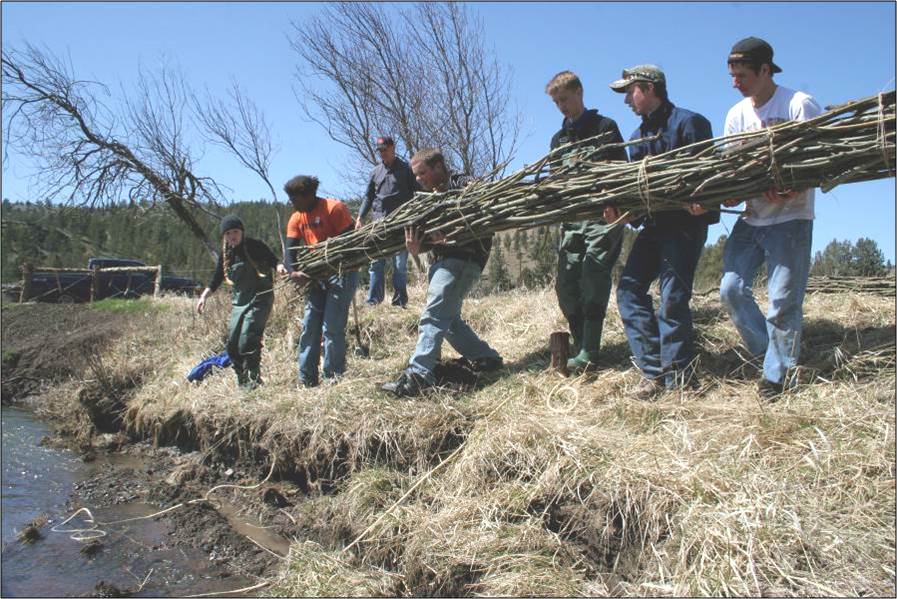I recently read an essay where a priest on a mission to Guatemala discovered that artists from the village painted museum-quality artwork on the inside walls of a bell-tower—a place where only pigeons would see them. The story reminded me of Trout Unlimited’s work—behind the scenes, often unnoticed, complicated, hard, and, ultimately, beautiful.
What a year. We reckoned with racial injustice as a nation, and looked inward to the fact that we need to become a more inclusive and diverse organization. We came to better appreciate the “essentials”—those who risk their own health to stock our shelves, take care of us when we’re sick, and keep our communities clean.
We are all changed. Yet, as the Dude would say, we abide. And, we did a lot more than that in 2020.
The year saw passage of a law that makes permanent $900 million of annual funding for the Land and Water Conservation Fund, and billions more to help address the maintenance backlog on our public lands. That was followed up by the Trump administration—after 16 years of advocacy by TU—denying the permit for the Pebble Mine in Alaska’s Bristol Bay, the world’s most prolific and important wild salmon fishery.
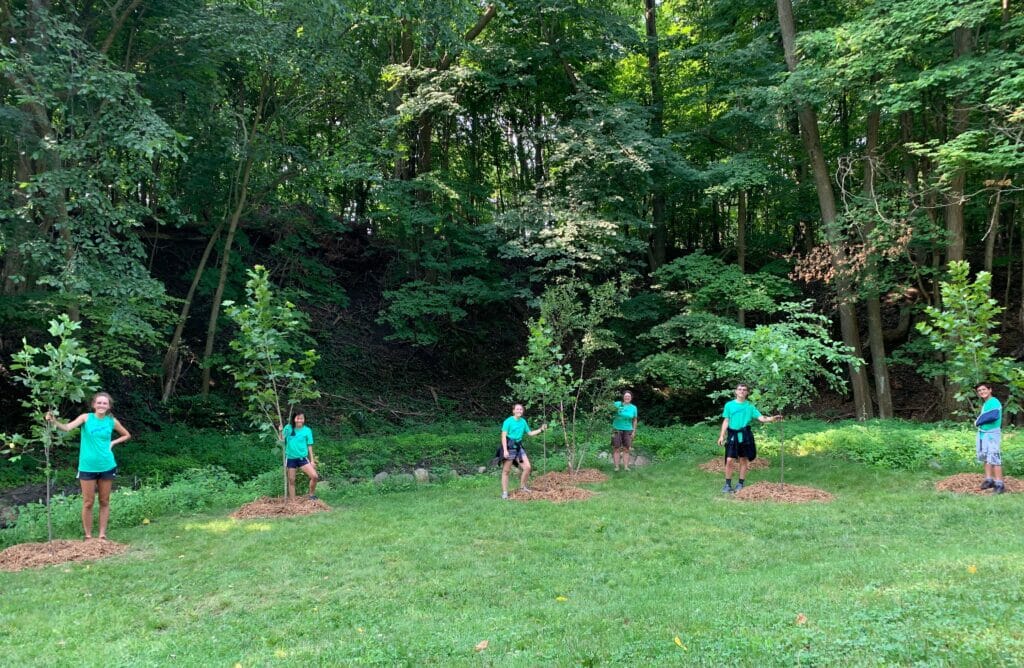
These big and bold wins rest on an edifice of engaging people in support of the places they live, love and fish. In Michigan, for example, the Rogue River Home Rivers Initiative celebrated 10 years of planting thousands of streamside trees, engaging nearly 7,000 kids in the stewardship of their local creeks, and working with agricultural landowners to improve conservation practices on thousands of acres.
Despite the pandemic, our work continues in earnest. For example, on New York’s and Vermont’s Battenkill River, working with awesome volunteer leaders, the states and other partners, we completed projects to enhance cold-water and spawning habitat on several tributaries. The advocacy of volunteer leaders prompted Congress to increase funding for the Great Lakes Restoration Initiative by 25 percent, just a few years after the administration proposed eliminating the program.
TU was a forceful advocate in arguing against the Trump administration’s efforts to remove the protections of the Clean Water Act for small seasonal streams. The administration said it could not evaluate the effects of its policy decision. Trout Unlimited scientists called foul, and our analysis showed that about 25 percent of stream miles would lose protection under the new rule. Reinstating protections for small streams under the Clean Water Act is a major priority for TU.
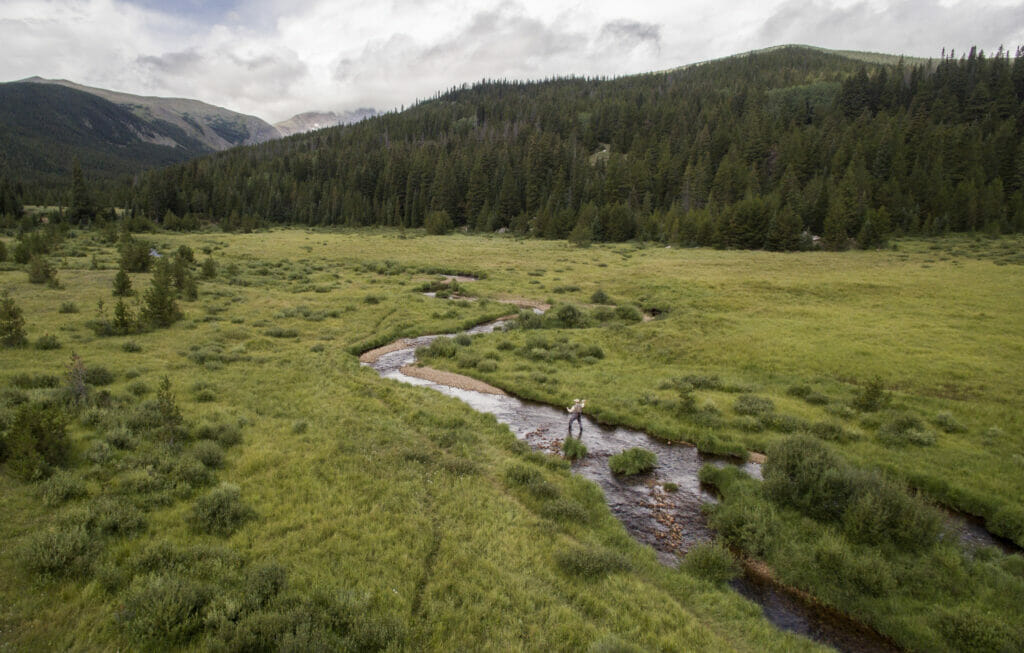
After many years, we prevailed in securing an agreement on Oregon and California’s Klamath River to remove four dams that have blocked nearly 500 miles of salmon and steelhead habitat for over a century. In Missoula, Mont., TU worked with partners and removed the Rattlesnake Dam, reconnecting the city of Missoula to its upstream Rattlesnake Wilderness. We turn our attention now to removing the four salmon-killing lower Snake River dams in Washington state.
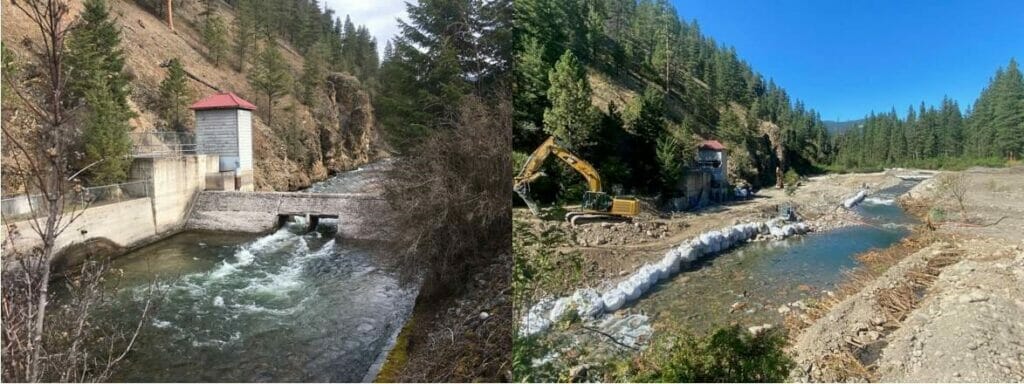
Across America we protect communities from the effects of climate change. We bring former adversaries together in common cause to protect and restore our lands and waters. The COVID-19 response and fiscal year 2021 appropriations bill approved by Congress, at over four times the page-count of Tolstoy’s War and Peace, contained surprisingly good bipartisan provisions that will address climate change and catalyze water conservation work among ranchers, tribes and conservationists. Our developing strategic plan provides an opportunity to develop a shared agenda among volunteers and partners. We will pioneer a new membership model based on engaging more people in our mission work.
To intone the words of the essay that began these musings, you are the artists “climbing your own steep and narrow steps to create the intricate designs that illuminate life and persistence and hope.”
Let’s hear it for life, persistence and hope in 2021. I am honored to work with, and learn from, you.

